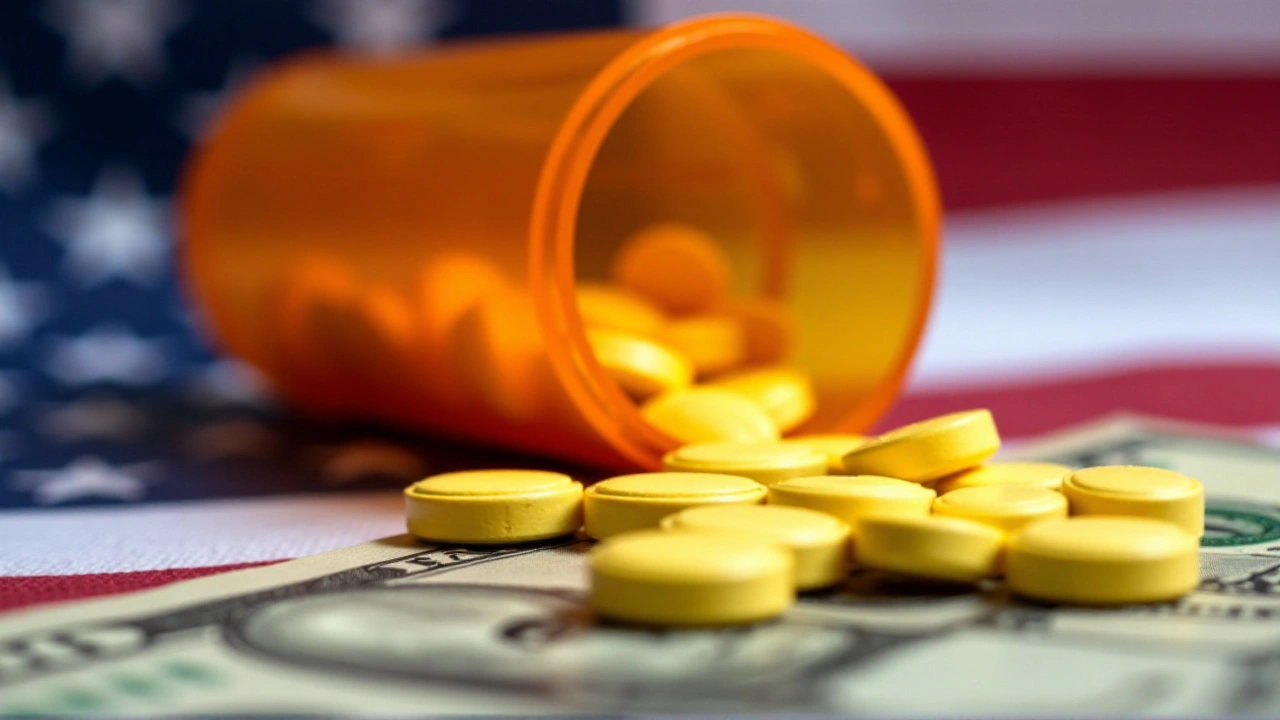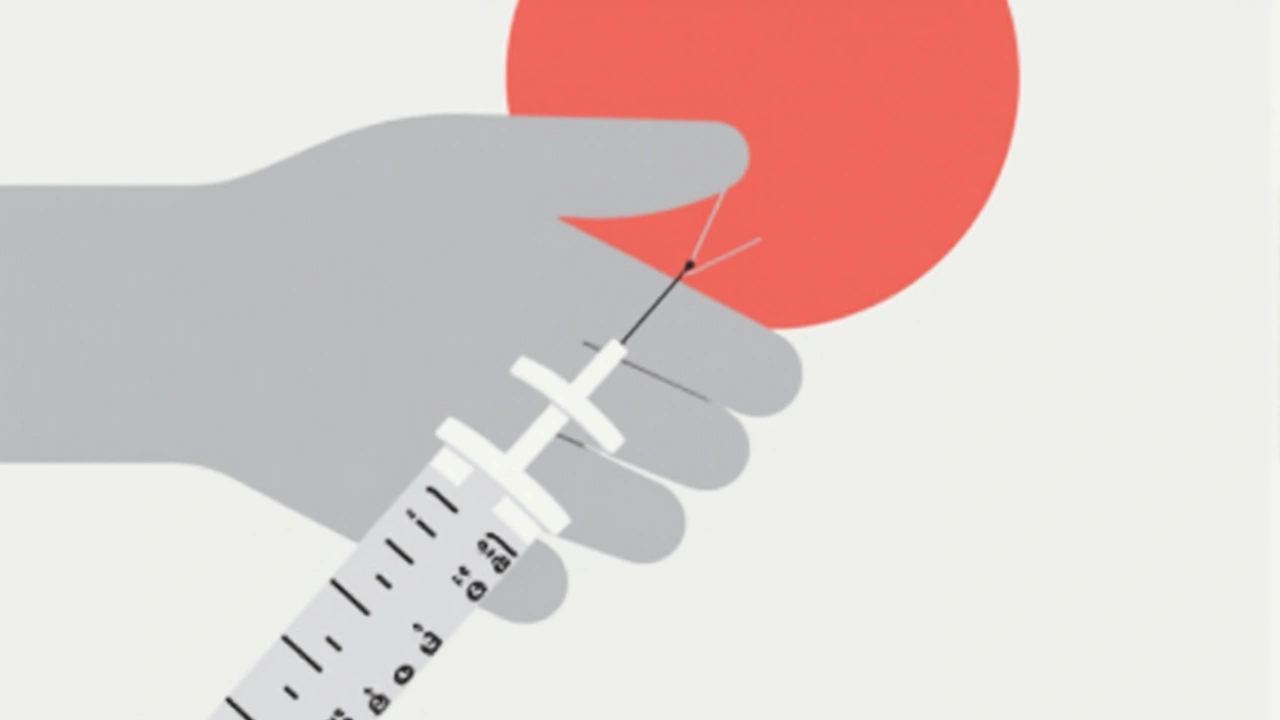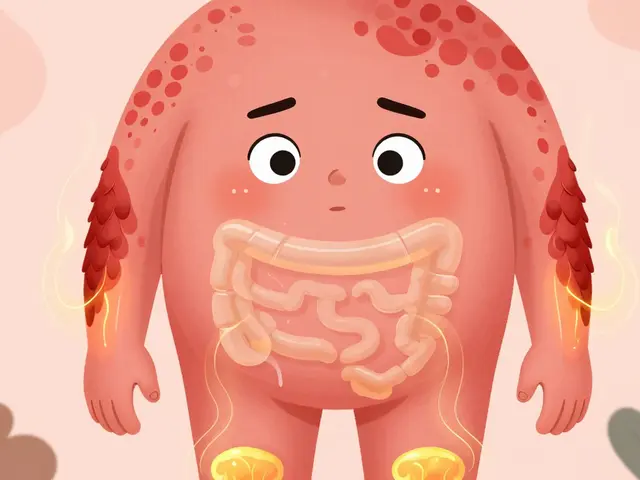NFL's Heavy Reliance on Painkillers and Its Impact on Player Health: A Deep Dive
In recent years, the extensive use of painkillers in the NFL has garnered significant attention and sparked heated debates among fans, players, and medical professionals. Central to this controversy is the use of Toradol, a powerful nonsteroidal anti-inflammatory drug (NSAID) initially embraced for its effectiveness in managing acute pain. The NFL, known for its brutal, physically demanding nature, has long been associated with a host of injuries ranging from minor sprains to life-altering trauma. In response, team doctors and trainers have turned to substances like Toradol to keep players game-ready. This practice, however, has come under scrutiny for the potential long-term health risks and the ethical implications it raises.
One of the key figures who has voiced concerns is former NFL running back Maurice Jones-Drew. In his candid reflections, Jones-Drew recalls the immense pressure to play despite injuries, often veiled under the promise of quick relief through painkillers. This sentiment isn't unique to him; many players echo this experience. They recount stories of being routinely subjected to injections and pills to mask pain and continue participating in games. While this might seem like a necessary evil in such a high-stakes environment, the true cost of such practices is borne by the players themselves, often years down the line when the protective effects of these drugs wear off.
The Role of Painkillers in NFL Culture
Touted for its rapid onset of analgesic action, Toradol quickly became a staple in locker rooms across the league. The medication offers temporary relief from severe pain, enabling players to push their bodies beyond their natural limits. However, this has been a double-edged sword. By numbing pain, Toradol essentially allows players to perform while injured, potentially exacerbating their injuries. The long-term dangers associated with repeated use include gastrointestinal issues, renal complications, and cardiovascular problems.
Team medical staff often find themselves walking a fine line. On one hand, they are responsible for ensuring players' immediate readiness. On the other, they bear the ethical responsibility of safeguarding their long-term health. Critics argue that this creates a conflict of interest, resulting in a diminished focus on comprehensive health management. The comparison to tobacco industry tactics, wherein harmful effects are downplayed or hidden, is stark. The NFL, like Big Tobacco, has faced allegations of obscuring the full extent of health risks associated with its practices.
Legal and Ethical Implications
In a landmark lawsuit, over 1800 former NFL players have accused the league's medical personnel of negligently distributing narcotics and anti-inflammatory drugs. The plaintiffs contend that these substances were administered without fully informing them of potential side effects and long-term repercussions. The legal battle underscores a larger conversation about the doctrine of assumption of risk in professional sports. Traditionally, this legal doctrine posits that players voluntarily accept the inherent risks of their profession. However, the widespread and often uninformed use of painkillers complicates this notion. If players are not fully aware of the specific risks posed by these medications, can they truly be said to have assumed the risk?
This question is pivotal in addressing the ethical responsibilities of the NFL. Critics argue that there has been a systemic failure to ensure players' informed consent. Transparency and accountability in medical practices are vital in rebuilding trust and safeguarding player welfare. The intensely competitive nature of professional football should not come at the expense of comprehensive, honest healthcare practices.

The Path Forward: Striving for Balance
The controversy surrounding the use of painkillers in the NFL is indicative of broader issues within the sport. At its core, the debate highlights the tension between immediate performance and long-term health. Striking a balance between these competing interests requires more than just policy changes. It demands a cultural shift within the league, prioritizing player health and well-being alongside competitive success.
Experts call for stricter regulation on the use and administration of painkillers in professional sports. This includes comprehensive education for players about the potential risks and benefits of such medications, as well as rigorous monitoring to prevent abuse. Team medical staff must be empowered to prioritize players' long-term health, free from the pressures of immediate game-day performance.
Additionally, there must be a sustained effort to develop alternative pain management strategies. This could involve advances in medical science, rehabilitative techniques, and even modifications to gameplay to reduce the incidence and severity of injuries. Integrating holistic approaches that address physical, mental, and emotional health can create a more sustainable model for player care.
Former players who have endured the consequences of these practices serve as a potent reminder of the need for change. By sharing their stories, they provide critical insights into the lived realities of professional athletes. Their experiences underscore the importance of informed consent and the ethical responsibility of those entrusted with their care.

Concluding Thoughts: A Call for Transparency and Reform
The issue of painkiller use in the NFL is a complex, multifaceted challenge. It encapsulates the intersection of sports, medicine, law, and ethics. The push for greater transparency and accountability in player health management is not just about addressing current grievances. It's about creating a healthier, more sustainable future for the sport of football. By prioritizing player welfare and upholding rigorous medical standards, the NFL can set a precedent for other professional sports leagues worldwide.
Ultimately, the goal is to foster an environment where players are equipped with the knowledge and support they need to make informed decisions about their health. This ensures that they can enjoy their careers without compromising their long-term well-being. As the league grapples with these issues, the voices of former players and advocates will continue to play a crucial role in driving meaningful change.







Comments(9)